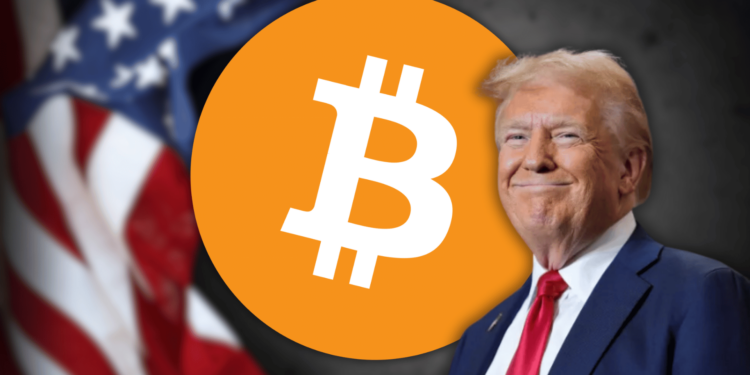- Under Trump’s administration, the Securities and Exchange Commission (SEC) is expected to take a more crypto-friendly and deregulatory stance
- The SEC will likely roll back active rulemaking, particularly on environmental, social, and governance (ESG) issues, as well as ease disclosure requirements for public companies
- While this could promote market growth, it may come at the cost of reduced consumer protection and increased risks for individual investors
The Securities and Exchange Commission (SEC) plays a vital role in the financial system and the overall economy. Although its policies may seem obscure to the average person, the SEC’s impact is substantial, especially for investors in securities such as stocks or bonds. With the possible regulatory changes under the incoming Trump administration, the SEC’s influence could significantly shift.
The Importance of SEC Oversight
The SEC was born out of the Great Depression with a mission to ensure fair and orderly financial markets. It acts as a safeguard against companies manipulating investors with false information, and it plays a crucial role in facilitating capital formation by startups and other businesses. However, under the Trump administration, we could see a tilt towards lighter oversight.
The Potential Impact of a Conservative Administration
A more conservative or Republican-leaning administration would likely mean less stringent regulation enforcement. Initially, this could lower costs and enable more widespread investment, particularly for crypto and other digital assets. However, in the long run, deregulation could increase risk throughout the financial system and leave individuals more on their own to discern what constitutes a legitimate investment.
A Crypto-Friendly SEC Under Trump
In early December, Trump nominated Paul Atkins as the SEC chair to replace the outgoing Biden nominee, Gary Gensler. Atkins is expected to adopt more crypto-friendly practices. Crypto regulation by the SEC is currently a gray area, as digital assets do not fall into the traditional security category. If Congress passes legislation giving the SEC clearer authority over these assets, it could further solidify the agency’s crypto-friendly stance.

Regulatory Changes and Disclosure Requirements
In addition to a more crypto-friendly stance, the SEC under Trump is likely to take a lighter approach to disclosure requirements for public companies, financial advisers, and others under the agency’s purview. This could mean a rollback on active rulemaking concerning environmental, social, and governance (ESG) issues, cybersecurity, and artificial intelligence. While this could free up resources for corporate activities, it also makes it harder for investors to make apples-to-apples comparisons between companies.
The Balancing Act Between Growth and Consumer Protection
A relaxed regulatory environment can be beneficial for the market as it can lead to faster and more substantial portfolio growth. However, this might also mean that individuals are on their own to understand risks and ensure they’re choosing reputable financial products and service providers. Thus, while a focus on free markets and relaxing regulation can boost growth, it may come at the cost of consumer protection.
Conclusion
As we enter a new administration, it’s important for investors and consumers to be aware of how changes in the SEC’s approach could impact them. While the prospect of a more crypto-friendly SEC and lighter regulatory requirements might seem appealing, individuals should take time to understand the potential risks associated with these changes.














